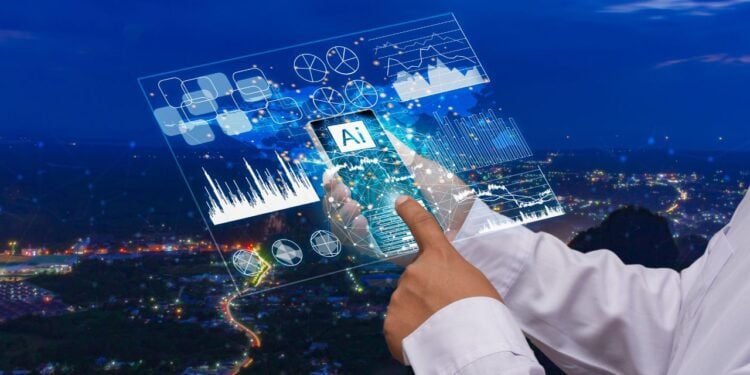A new Gallup study exposes a significant gap in awareness and utilization of artificial intelligence (AI) among U.S. workers, despite soaring corporate investments in the technology following the launch of ChatGPT by OpenAI in November 2022.
While 93% of Fortune 500 Chief Human Resources Officers report their organizations have started using AI tools to enhance business practices, only 33% of employees acknowledge any integration of AI in their workplaces, with awareness highest among white-collar industries at 44%.
The report indicates that weekly AI usage among employees remains low, with nearly 70% stating they never use AI in their roles. White-collar workers are more likely to engage with AI, yet 54% still report never using it.
Among those who do, AI is primarily used for idea generation, data consolidation, and task automation.
Despite the potential benefits, such as improved productivity — reported by 45% of employees using AI — most workers feel unprepared for this technology. Only 6% express high comfort levels with AI, while a third feel very uncomfortable.
The number of employees feeling prepared to work with AI has actually decreased over the past year, signaling a potential disconnect between leadership communication and employee support.
Gallup identifies three strategies to improve AI adoption: clear communication of integration plans, established guidance for AI usage, and training aligned with employees’ roles.
Currently, 70% of employees report a lack of organizational guidance on AI, which can hinder effective usage and increase security risks. Additionally, training opportunities are scarce, with nearly half of AI users reporting no formal training.
The findings suggest that without effective leadership and comprehensive support, the investments in AI may not yield the expected productivity gains. For organizations to successfully leverage AI, they must develop a robust strategy that combines technology with people management, ensuring that employees are well-informed and equipped to adapt to this new era of work.



 Dr. Gleb Tsipursky – The Office Whisperer
Dr. Gleb Tsipursky – The Office Whisperer Nirit Cohen – WorkFutures
Nirit Cohen – WorkFutures Angela Howard – Culture Expert
Angela Howard – Culture Expert Drew Jones – Design & Innovation
Drew Jones – Design & Innovation Jonathan Price – CRE & Flex Expert
Jonathan Price – CRE & Flex Expert












